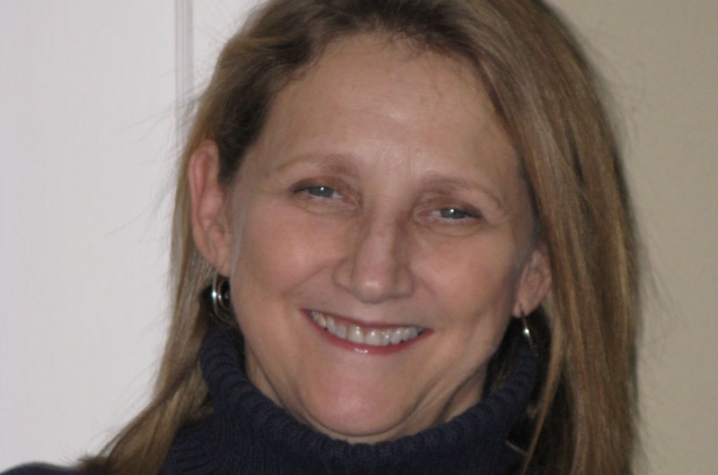Local Support for African-Americans with Alzheimers

The following column was published in the Lexington Herald-Leader on Sunday, Feb. 20:
Local support for African-Americans with Alzheimer’s disease
by Deborah D. Danner
For reasons not completely understood, African-Americans are almost twice as likely as caucasians to have Alzheimer's disease, and they often develop the disease at earlier ages.
This increased risk is likely related to the greater prevalence of diabetes and high blood pressure in the African American population. If left untreated, these problems can damage the brain.
Alzheimer’s disease has become a national epidemic, currently affecting 5.3 million people. As the country’s population ages, the number of people affected will continue to increase. The greatest risk factor for developing Alzheimer's is is age; about half of all people 85 and older are affected.
Because Alzheimer's influences behavior and thinking, stigma is often attached to a diagnosis, and families may be too embarrassed to seek help or to acknowledge the diagnosis to others.
Research suggests that nationwide, compared to caucasians, African Americans often wait longer to seek help for problems with memory, or may not seek medical help at all.
Delaying medical attention prevents patients from receiving treatment when it can do the most good. Available medications can help slow the progress of the disease, but they work best when taken early.
The nationally recognized Alzheimer’s Disease Center at the University of Kentucky (UK-ADC) provides individuals in Central Kentucky with diagnosis, education and opportunities for research participation. The UK-ADC has been funded for more than 25 years by the National Institute on Aging. It includes some of the best clinicians and researchers in the world. Researchers are actively working to prevent Alzheimer's and to develop better medications.
The African American Dementia Outreach Partnership (AADOP) was created in 2003 to overcome local barriers to seeking help with Alzheimer's, with the goal of eliminating this health inequality. AADOP is made up of the UK-ADC at the Sanders-Brown Center on Aging, the Greater Kentucky and Southern Indiana Chapter of the Alzheimer’s Association, the Commonwealth of Kentucky and a council of five African-American churches.
By recognizing that change in dementia care required outreach and education, AADOP members have developed multiple strategies for increasing awareness of Alzheimer's. To provide a convenient location for care, a memory care clinic was located on the north side of Lexington at the UK HealthCare Polk-Dalton Clinic.
AADOP is committed to treating the African-American community with the respect it deserves. It is unacceptable to us that African-Americans are more likely to develop Alzheimer's, yet less likely to receive treatment.
Staff members are continuing their outreach efforts. If a church or community group would like a speaker on topics related to healthy brain aging or signs of dementia, we are available. Also, free memory check-ups are offered the third Thursday of every month from 10 a.m. to 1 p.m. at the Polk-Dalton Clinic, 217 Elm Tree Lane, in Lexington. For information about any of these opportunities, please call Caitlin McGuire at (859) 257-8971.
For more information about the African American Dementia Outreach Partnership, visit the website at www.mc.uky.edu/coa/aadop.html.
Deborah D. Danner is director of the Director of Education for the UK Alzheimer’s Disease Center at Sanders-Brown Center on Aging.




